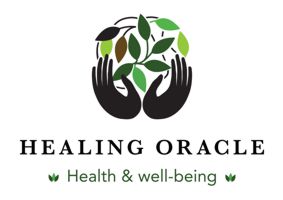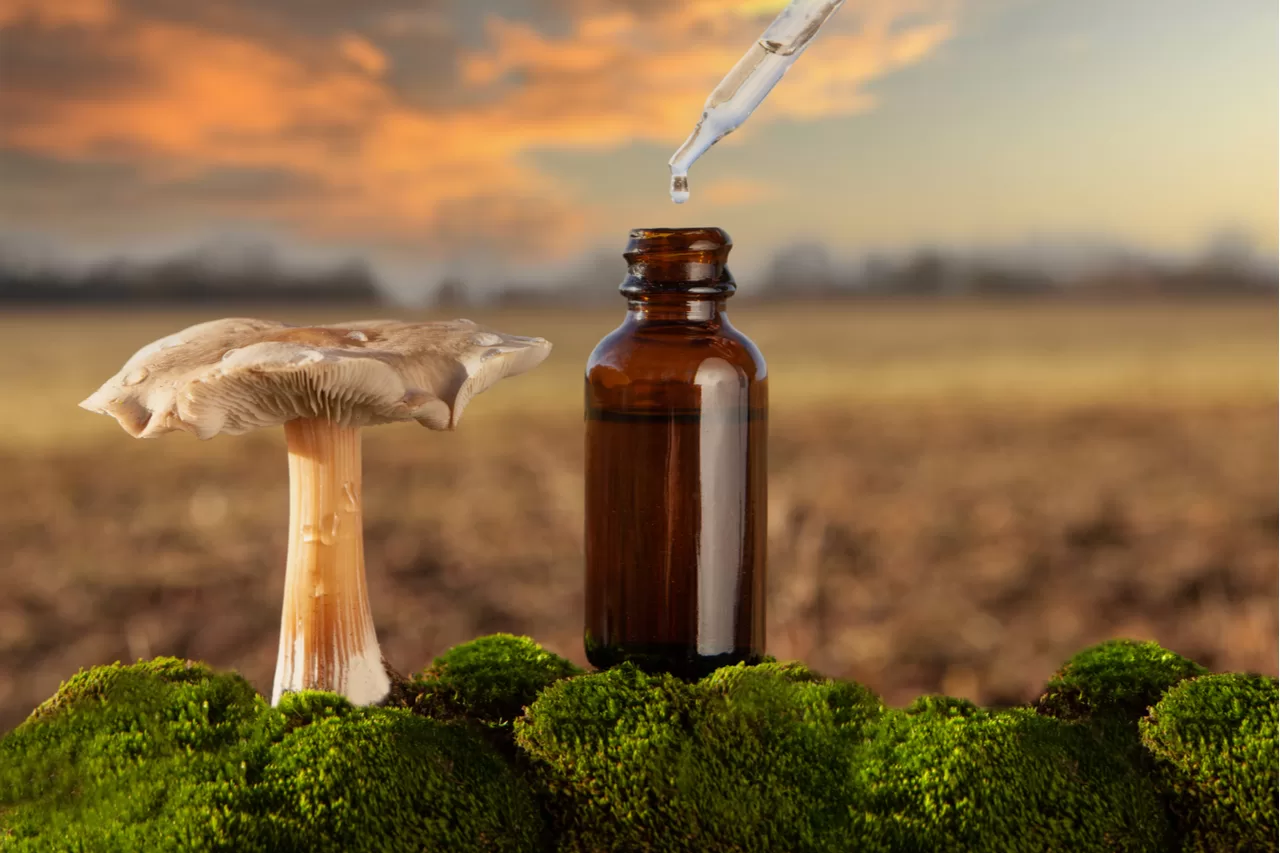Plant-based psychedelics have an ancient history of medicinal use. Since the first report on LSD in late 1950, psychedelics have had a brief relationship with psychology and psychiatry, used as an aid to psychotherapy for treating mental disorders and alcohol dependence. In the initial understanding, psychedelic drugs exhibited promising and therapeutic results before being prohibited by the legislature in the mid-1960s.
The early 90s witnessed a steady revival of human psychedelic research. Some reports emerged as what can be said to be the modern brain imaging study [1] with LSD and separate clinical trials of psilocybin for depressive symptoms. Let’s dig a little more into it!
Psychedelics and some facts:
Psychedelics of plant extraction, such as mescaline and psilocybin (magic mushrooms), have been used for centuries across the globe, however Western science was not open to them until 1897, when Arthur Heffter isolated mescaline.
Recent controlled clinical studies [2] have been conducted to assess the basic psychopharmacological properties and therapeutic efficacy of psychedelic drugs as adjuncts to existing psychotherapeutic approaches. “Psychedelic” drugs include a range of substances with varying pharmacological profiles that all have substantial effects on conscious experience. Find in this table some of the types of psychedelic drugs listed.
The classic psychedelics exert primary activity as agonists at the 5-HT2A receptor, e.g., LSD, psilocybin, dimethyltryptamine and mescaline.[3] Many of these substances are found to have analogues of chemicals found in plants or fungi used traditionally for spiritual or folk healing rituals [4].
The second class of psychedelic, i.e., the entactogens, include methylenedioxymethamphetamine (MDMA). This acts as a serotonin-releasing agent and has effects that overlap but are very distinct from classic psychedelics.[5] Other substances classified as “psychedelic”, such as ketamine, scopolamine, or ibogaine, are beyond the scope of recent studies.
Therapeutic Treatments & Psychedelics
There are some mental disorders for which psychedelics are being utilized for treatments; the studies regarding the same are underway. These disorders majorly include addiction, anxiety, and PTSD. Here’s a deeper analysis of how it works and helps!
Anxiety
In 2014, a controlled study in Switzerland suggested LSD and psychotherapy had immense potential to reduce the anxiety associated with a terminal illness. [6] Twelve patients with life-threatening conditions agreed to participate in the study. They received treatment that involved drug-free psychotherapy sessions supplemented with two LSD-assisted sessions two to three weeks apart. At two months’ follow-up, the State-Trait Anxiety Inventory (STAI) showed non-significant reductions in trait anxiety but significant reductions in state anxiety.
Annual follow-up showed sustainable therapeutic benefit with no acute or chronic drug-related severe adverse effects. No adverse effects lasted more than one day after an LSD-assisted session. [7]
Psilocybin likewise showed promising results as a treatment for anxiety in patients with a terminal illness.[8] A 2008 study on ameliorating end-of-life anxiety focused on participants with end-stage cancer. After several non-drug-assisted therapy sessions, participants underwent a crossover study where they received experimental medication (psilocybin) and active (placebo niacin) across two sessions a few weeks apart. Psilocybin-assisted psychotherapy lowered anxiety & improved mood without any adverse effects. MDMA-assisted therapy is being studied as a treatment for social anxiety in autism patients.
Addiction
Previously, researchers studied the use of psychedelic therapy to treat addictions. This included alcohol dependence, and the study found beneficial effects. In renewed clinical research on treating alcohol dependence with psilocybin-assisted treatment, a study reported showing reduced drinking habits by more than half.
Other recent research on psilocybin-assisted psychotherapy for addiction includes a pilot study of treatment for tobacco dependence which found it to have a positive impact. The same research team is currently designing a follow-up randomized controlled study to compare a similar psilocybin intervention with nicotine-replacement therapy.
Posttraumatic stress disorder
Controlled studies have investigated MDMA-assisted psychotherapy to treat chronic treatment related to PTSD. Initial results [9] improved upon the best available pharmacotherapies and psychotherapies. No serious adverse effects were reported. The outcomes included sustainable & significant reduction in PTSD symptoms as measured by the Clinician-Administered PTSD Scale (CAPS), with 83% of participants showing a decrease in symptom severity of more than 30%.
The Future of psychedelics:
Psychedelics are promising substances to treat depression, anxiety, and substance-related disorders. The available studies suggest incorporating these drugs in health systems worldwide in the coming years. Complex situations need compound solutions. Thus, a dialogue is needed between scientists, policymakers, community agents, healthcare professionals, spiritual leaders, and ethnobotanical ceremony providers. Since incorporating psychedelics in medical and social levels is beneficial, a progressive and regulated approach is what society needs today!
With studies proving psychedelics to be beneficial for Alzheimer’s and Dementia patients, researchers hope to relieve patients looking for a reprieve from these diseases.
Human history is full of evidence of how nature has been the best healer known to our race. It is now a turn to give this a chance and live an extraordinary life filled with optimum health and happiness.
References and Sources:
- https://pubmed.ncbi.nlm.nih.gov/972325/
- https://pubmed.ncbi.nlm.nih.gov/13810249/
- https://pubmed.ncbi.nlm.nih.gov/14761703/
- https://scholar.google.com/scholar_lookup?title=Plants+of+the+gods:+their+sacred,+healing,+and+hallucinogenic+powers&author=RE+Schultes&author=A+Hofmann&author=C+R%C3%A4tsch&publication_year=2001&
- https://pubmed.ncbi.nlm.nih.gov/2880944/
- https://pubmed.ncbi.nlm.nih.gov/24594678/
- https://pubmed.ncbi.nlm.nih.gov/24594678/
- https://pubmed.ncbi.nlm.nih.gov/20819978/
- https://pubmed.ncbi.nlm.nih.gov/20643699/
- https://pubmed.ncbi.nlm.nih.gov/29396616/
Love and Light
The Healing Oracle Team
Please join our growing numbers on MeWe: Healing Oracle
Also join us on Twitter | YouTube
Global Petition
Please sign our global petition against enforced vaccinations The intention of this petition is to present 5 million signatures to each President, Prime Minister, Health Minister and heads of state worldwide.
Vaccines are a global problem and need to be tackled on a global level.
If we stand as one, we have a chance of saving the children of the future.

